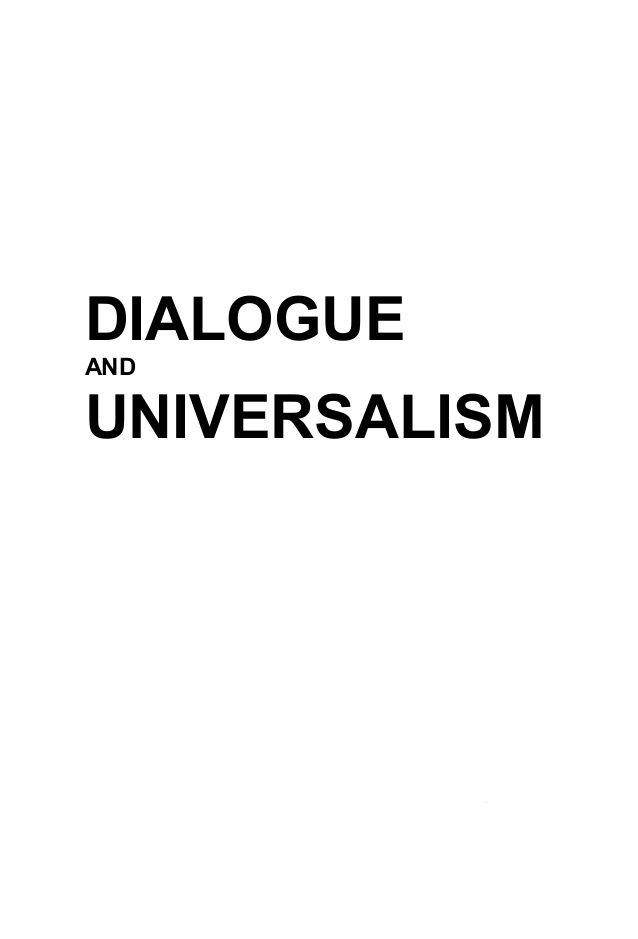PHENOMENOLOGY OF EMPTINESS: MARTIN HEIDEGGER AND SHINICHI HISAMATSU
PHENOMENOLOGY OF EMPTINESS: MARTIN HEIDEGGER AND SHINICHI HISAMATSU
Author(s): Žilvinas SvigarisSubject(s): Social Philosophy
Published by: Instytut Filozofii i Socjologii Polskiej Akademii Nauk i Fundacja Filozofia na Rzecz Dialogu
Keywords: Comparative philosophy; creative thinking; Martin Heidegger; phenomenology; Dasein; being; states of being; befindlichkeit; emptiness; rest and change; Shinichi Hisamatsu; Zen; seven characteristics o
Summary/Abstract: The living world is expanding thanks to the rapid and massive expansion of new technological capabilities. At the same time, paradoxically, it has been narrowed as thinking itself has become narrower and impoverished. Thinking has been pushed away by knowledge in almost all areas of the living world. Instead of thinking, modern man is becoming more and more curious. The acquisition of massively produced knowledge has become a form of consumption or even of entertainment. New theories that appear every day and reveal the failures of the previous ones only emphasize the limitations and fragmentation of the attitude itself. Although such knowledge is useful in solving practical local tasks, its universal validity is unfounded. What is needed is a more open consciousness which is able to reconcile different modes of experience. The rejection of ancient spiritual contemplating traditions and desacralization have impoverished the ability to express reality. This paper presents—as an attempt to recreate contemplative thinking—the conceptions of Martin Heidegger and Shinichi Hisamatsu, two thinkers living in different cultures. The paper pays a special attention to the way of being. The articulation of the state and the posture of the thinker and his/her attitudes uses concepts, that are often ambiguous, multidimensional, but already capable of articulating phenomena that could not otherwise be named. Such a stance paves the way for creative thinking capable of extending and overstepping the limits of the strict causal Western way of thinking.
Journal: Dialogue and Universalism
- Issue Year: 2020
- Issue No: 3
- Page Range: 107-122
- Page Count: 16
- Language: English
- Content File-PDF

